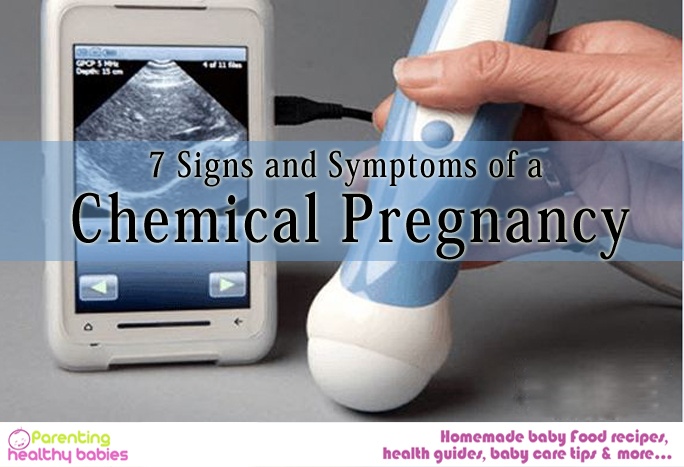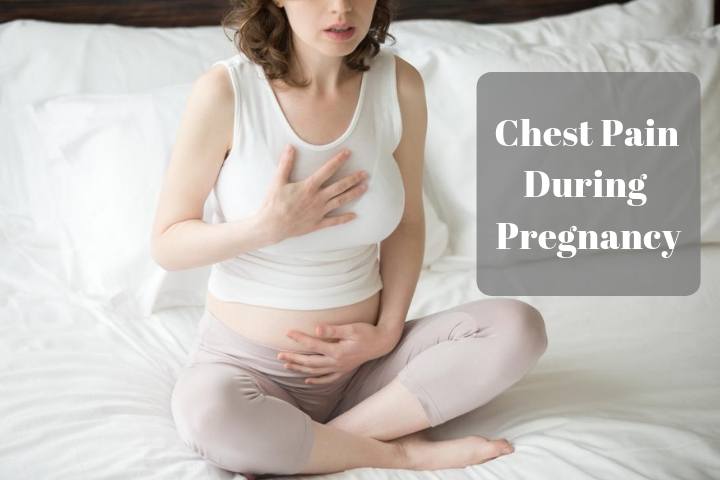Leg cramps commonly appear during second and third trimester of pregnancy. These are very painful. They affect the calves and the feet.
Cramps could be caused by swelling of the legs. Leg cramps can occur anytime but mostly occur at night and disturb the sleep.
There are several ways to effectively get rid of leg cramps during pregnancy like exercising regularly which helps in blood circulation , massaging your calves and feet, wearing stocking that supports the legs, applying heat to the painful area, staying off your feet most of the time. A well-maintained diet of magnesium, calcium and potassium, drinking lots of water and other fluids and keeping your legs elevated also help to relieve muscle cramps.
The following ways can aid in relieving leg cramps during pregnancy:
9 Ways to Relieve Leg Cramps During Pregnancy
Regular Exercise
Exercising, especially stretching exercises that involve the calves can stop your leg cramps in an effective way. Stretching makes you more flexible, keeps your muscles loose and gives relief from the cramps. Stretching is also a useful way to get rid of stress. Before going to bed, you need to stretch your calf muscles several times .However, stop stretching the moment you feel uncomfortable.
Certain exercises can be practiced casually. Like while watching TV or having dinner, you can move your toes or rotate your ankles to ease the blood circulation.
Taking a daily walk, doing light aerobics and prenatal yoga is also helpful. These often reduce the chance of having muscle pain.
Any kind of exercise during pregnancy should be consulted with the doctor.
Read More: 7 Must Know Prenatal Yoga Poses
Massaging your calves and feet
A good prenatal massage in the calf area and your feet after stretching exercise can relieve you from the pain. This relaxes the tissues, improves the blood circulation and the pain subsides. Ice packs also helps.
If you get sudden cramps, try standing on a cold surface as it would help you by reducing spasm. However, remember to consult your doctor for safety.
Read More: 11 Benefits of Prenatal Massages Therapy
Keeping the legs elevated
Elevation of the legs as often as possible while you are seated might keep the cramps at bay. You need to take off your shoes and socks before elevating the legs. Put your feet on a footstool while sitting. Elevating your legs at intervals of twenty minutes throughout the day is recommended. Elevation of your legs while sleeping improves the blood circulation and reduces the chance of midnight cramps. Lying on the left side also helps in circulation. You can keep a pillow beneath your legs while sleeping.
Wearing supportive stockings
Supportive stockings are a great help during pregnancy. These help in controlling the swelling of the ankles, feet and lower legs. Leg cramps are therefore successfully controlled. Every would-be mother should wear these kinds of stockings. This supports the body in a correct manner.
These are great way to relieve leg cramps during pregnancy.
Giving rest to your legs
Leg cramps can take a worse turn if you stay on your feet most of the time. You need to give some rest to your aching legs whenever possible. However complete bed rest is not the way to go about it.
Alternate periods of activity and rest is the best method. Also sitting with your legs crossed for a longer period of time can bring about muscle cramps causing immense discomfort. Thus, maintaining a proper standing posture is an absolute necessity to avoid cramps.
If you need to spend a lot of time on your feet at work, make sure you take breaks. Frequent breaks help relieve leg ache during pregnancy.
Maintaining a balanced diet
A proper diet is important for women during pregnancy. A diet rich in magnesium, calcium, potassium and proteins are prescribed by the doctors as these fulfill the needs of a pregnant woman.
Foods containing magnesium such as whole grains, beans, dried fruits are very helpful for leg cramps. Calcium rich foods are dark, leafy green vegetables, breads, fish, orange juice, almonds and sesame seeds. Proteins like almonds, walnuts, pistachio, coconuts and dates are also helpful.
Potassium also helps in reducing cramps. Magnesium and calcium supplements might be helpful too. But you need to get a green signal from your doctor before taking any food or mineral supplements.
Read More: All You Need To Learn About Gestational Diabetes Diet
Staying Hydrated
Keeping your muscles hydrated might help prevent cramps. Make sure to drink at least 12 glasses of water to stay properly hydrated. A clear color of urine is an indication of the body being properly hydrated. Flavored carbonated water, juice, milk etc are fluids which can be taken to fight cramps.
However, be careful of how much water you drink. Too much water can make you feel bloated and uncomfortable.
Applying local heat
A warm water bottle or heat pad applied to the specific area of pain can reduce cramps. You can wrap the heating pad in a thin towel first before applying it to the specific area. Heat improves blood circulation and reduces swelling. This in turn reduces the pain.
However, you need to take a few precautions while using heat pads. Set the temperature of the heating pad in a way that makes you comfortable. Also do not use the heat pad for more than 20 minutes at a stretch and never fall asleep while using it.
Wearing proper footwear
Well-fitting footwear is necessary to keep the ankle well supported. Uncomfortable and ill-fitting shoes might cause blood clots which in turn might contribute in swelling of the ankle and cramps. Therefore, comfortable shoes can reduce the chances of leg cramps during pregnancy. You should especially avoid wearing heeled shoes during pregnancy as it increases the chances of getting cramps.
Conclusion:
Leg cramps are quite common during the second and third trimester of pregnancy in most women. There are many natural remedies to fight cramps which prove very frustrating for the pregnant women. However, sometimes cramps can occur due to blood clots in the veins. You may notice that the muscle pain is constant, and the leg feels tender and warm to touch. Consult a doctor immediately if that happens. Blood clots require immediate medical attention.
Reference:
https://www.whattoexpect.com/pregnancy/symptoms-and-solutions/leg-cramps.aspx#legcrampstreatments
https://www.babycenter.com/0_leg-cramps-during-pregnancy_250.bc













